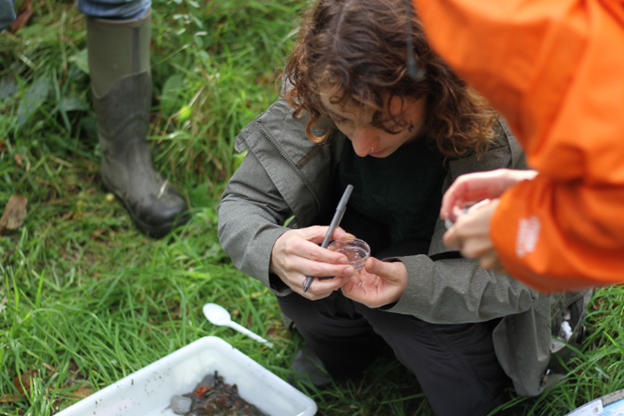Ecological assessments are an important tool used by researchers, environmentalists, and policymakers to understand and evaluate the health of ecosystems. These assessments, provided by experts like New Ground, offer valuable information on the state of our environment, including identifying potential threats and determining appropriate conservation measures.
Let’s explore the reasons why ecological assessments are necessary and their role in protecting our planet.
What is an Ecological Assessment?
Before we dive into the importance of ecological assessments, it’s significant to understand what they are. An ecological assessment is essentially a scientific study that evaluates the health and diversity of ecosystems. This involves collecting data on various factors such as species populations, natural resources, and environmental conditions.
Identifying Threats
One of the main reasons why ecological assessments are necessary is to identify and understand potential threats to our environment. These can include pollution, habitat destruction, climate change, and invasive species. By conducting regular assessments, scientists can track changes in the ecosystem and pinpoint areas that may be at risk.
For example, an assessment may reveal a decrease in a certain species population due to habitat loss. This information can then be used to determine the cause and develop strategies for protection. Without these assessments, it would be difficult to identify and address threats in a timely and effective manner.
Conservation Planning
Ecological assessments also play a crucial role in developing conservation plans. By collecting data on the state of ecosystems, scientists can identify areas that are particularly important for biodiversity or have high levels of ecological services. This information can then be used to prioritise areas for conservation efforts.
Assessments can also help determine which conservation measures are most suitable for a specific ecosystem. For example, an assessment may reveal that a particular species is at risk due to habitat fragmentation, which can then be used to develop strategies such as creating wildlife corridors or protected areas to address the issue.
Understanding Ecosystem Health
The health of an ecosystem is a complex and dynamic concept, involving various factors such as species diversity, nutrient cycling, and resiliency. Ecological assessments allow scientists to gather data on these different aspects and paint a more complete picture of the overall health of an ecosystem.
This information is crucial for making informed decisions about conservation and management practices. It can also help identify areas that may need restoration or rehabilitation efforts to improve ecosystem health.
Monitoring Progress
Assessments are not a one-time event, but rather an ongoing process. By conducting regular assessments, scientists can track changes in the ecosystem over time and evaluate the effectiveness of conservation measures. This monitoring allows for adjustments to be made as needed and ensures that efforts are on track to achieve conservation goals.
Communication and Education
Ecological assessments also play a key role in communicating the importance of protecting our environment. The data collected from these assessments can be used to educate the public, policymakers, and other stakeholders about the state of ecosystems and the need for conservation efforts.
Assessments like these can provide valuable information that can be used to make informed decisions about land use and development. By understanding the potential impacts on ecosystems, policymakers can make more sustainable choices that benefit both humans and the environment.
Supporting Policy Decisions
Finally, ecological assessments are necessary to support policy decisions related to environmental protection. The data collected from these assessments can inform policies at all levels, from local land-use planning to international conservation agreements.
For example, an assessment may reveal that a certain area is a critical habitat for an endangered species, which can lead to the implementation of protective measures. This information can also be used in negotiations and discussions about environmental issues at a larger scale.
Ecological assessments are essential tools for understanding and protecting our environment. By identifying threats, informing conservation planning, monitoring progress, and supporting policy decisions, these assessments play a crucial role in ensuring the health and sustainability of our ecosystems.
As we face increasingly complex environmental challenges, the need for ecological assessments will only continue to grow. It is important for us to recognise their value and support efforts towards conducting regular and comprehensive assessments to protect our planet for future generations. Contact New Ground for more information on our ecological assessment reporting services.


Comments are closed.